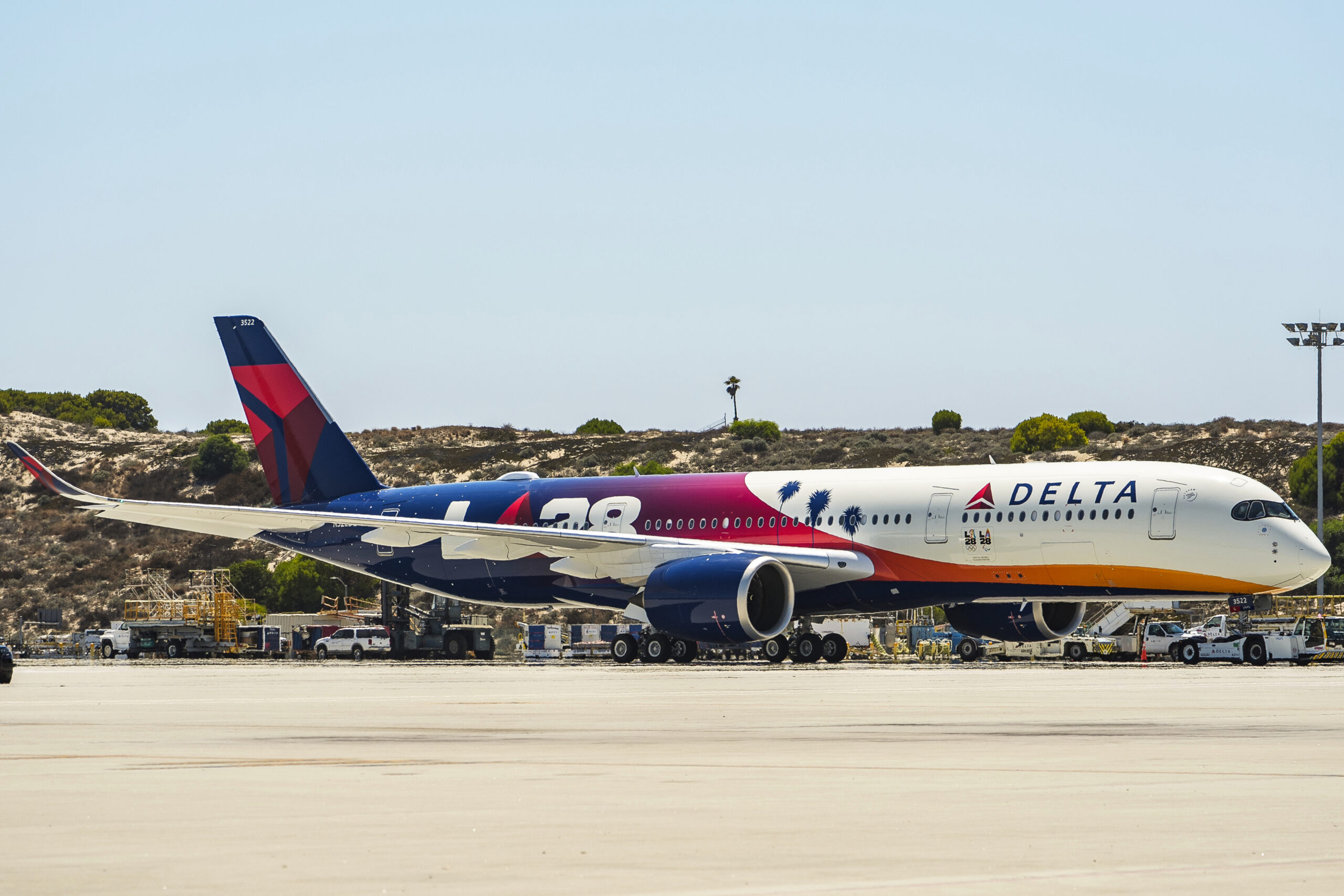
Perhaps the biggest legacy of the Paris Paralympics will be the changes made to the city through its hosting of the event. The Olympic and Paralympic Village has accessible buildings, multisensory signage and zones for assistance dogs. The city has increased the number of bus areas and wheelchair-accessible taxies ahead of the Paralympics as well.
“One of the best things the Paralympic legacy leaves behind is the accessibility in the area that you’re in,” said wheelchair tennis player David Wagner. “In Athens they didn’t use to have public transportation and then it became fully accessible for all with disabilities. They even made Acropolis accessible. Just imagine if you had lived there your whole life and could never go to the Acropolis and then you can.
“The Eiffel Tower, if you’re in a wheelchair you can only go to the middle ring. As a person in a chair you always wanted to go to the top and never were able to. So it’s really cool that we’re part of that movement around the world.”
However, the Metro system, which was heavily used during the Olympic Games, has only one fully accessible line.
Challenges in Getting There
Before traversing around Paris, Para athletes first have to get there. And with the specialized equipment they have, that sometimes can lead to logistical difficulties for the athletes.
USOPC Chief of Paralympics Julie Dussliere pointed out some of those things that a fan may not realize when it comes to Para athlete travel, such as athletes cannot sit in exit rows. There are also FAA and federation regulations about the number of wheelchairs that can be on a plane or number of visually impaired athletes that can be on a plane at one time.
“The biggest challenge is truly weight and balance of the plane,” Dussliere said. “The amount of equipment that is coming on with some of our sports … an athlete in a sport like wheelchair rugby or wheelchair basketball, they have their day chair, then they have their competition chair, then we all have duffels of stuff going with us to a Games. So we work with our partners, namely Delta, to estimate the baggage.”
That way, Dussliere said, the airlines have a better idea of what the baggage load will be when transporting para athletes to Paris.
“The interesting thing too — and I think a lot of the airlines have been educated over the years — is they estimate a nice rectangular bag, right?” Dussliere added. “You can put those in the hold, you can stack those up. You start to deal with wheelchairs, which are very fragile and some of the sport equipment that is fragile, and it becomes a little bit more of a Jenga puzzle for them because they’re not just stacking sort of uniform pieces in their (cargo) holds.”
Dussliere and the USOPC work with its partner airline, Delta, which chartered para athletes to Beijing in 2022. This time, the team will be flying commercially at different times, from different locations, into Paris.
Servicing Animals
Dussliere also said “it is completely dependent on whatever the laws are in the host country regarding service animals” and for the most part, she’s seen athletes choose not to take service animals abroad.
Para swimmer Olivia Chambers got her guide dog, a yellow lab named Mahi, in the fall of 2023.
“It’s been really incredible having her,” Chambers said during the Team USA Media Summit in New York City. “Having her as my eyes and guiding me around has given me a lot of confidence in my everyday life. She’s been really beneficial in helping me realize that I can live a normal life.”
Chambers was on a wait list to have a guide dog for around a year before being matched with Mahi, who laid down quietly by her side while she was doing interviews with reporters. Chambers got the call that she was matched with Mahi while at the world para swimming championships and went to California to learn how to work with Mahi.
“In the beginning she didn’t know where I was going, so I have to know the directions how to get there,” Chambers said. “By end of the two weeks we were confidently navigating the streets and it was an exciting feeling that I honestly can’t even describe. It’s something that I don’t think any sighted person will understand the freedom you get back and how fast I’m able to move from place to place again.”
Chambers said Mahi accompanied her to Italy for a meet in the spring of this year and, as of mid-April, “I’m still talking with people who have been to Games with guide dogs just to see what’s going to be more stressful, taking her overseas or leaving her back.”











 Copyright © 2025 by Northstar Travel Media LLC. All Rights Reserved. 301 Route 17 N, Suite 1150, Rutherford, NJ 07070 USA | Telephone: (201) 902-2000
Copyright © 2025 by Northstar Travel Media LLC. All Rights Reserved. 301 Route 17 N, Suite 1150, Rutherford, NJ 07070 USA | Telephone: (201) 902-2000